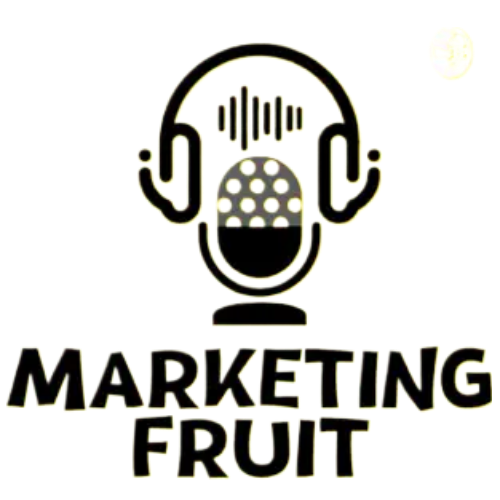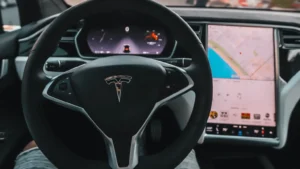The global Cell Therapy Technology Market is projected to exceed USD 22 billion by 2033. The growing prevalence of chronic diseases and cancer, along with advancements in genetic and biotechnology research, is a key factor driving market expansion. Continuous studies aimed at discovering innovative treatment approaches for multiple chronic conditions are boosting adoption. Cell therapy applications have now extended into dermatology, cosmetic procedures, and neurological treatments. Breakthrough innovations such as gene editing, somatic cell technology, and regenerative solutions are paving the way for effective therapies targeting malignant as well as non-malignant diseases. For example, a groundbreaking study by Northwestern University scientists successfully created synthetically matured neurons, offering hope for treating neurological disorders like Alzheimer’s and multiple sclerosis. Likewise, the European Union approved “FORCE REPAIR” regenerative technology for managing chronic wounds. Furthermore, rising research around CAR-T cell therapy for cancer treatment is opening up significant opportunities in the Cell Therapy Technology Market, as new advances in CAR-T technology continue to emerge.
Companies within the Cell Therapy Technology Market are actively pursuing strategies such as mergers, acquisitions, collaborations, and long-term service agreements to strengthen their global presence. A notable example includes Editas Medicine and Shoreline Biosciences entering into an agreement for Shoreline to acquire Editas’ iNK Cell franchise along with related gene-editing technologies. In addition, industry players are investing heavily in research and development to launch innovative solutions that support patient treatment across multiple therapeutic areas.
According to insights from CXOs and primary research, the COVID-19 pandemic also played a significant role in accelerating the growth of the Cell Therapy Technology Market. The outbreak increased the demand for viral vector technologies in vaccine development and encouraged research into plasma therapy, where immune cells and antibodies from recovered patients were transferred to those infected. The pandemic not only stimulated biotechnology and genetic research but also intensified the prevalence of chronic disorders, creating a stronger demand for advanced treatment options. Post-pandemic, much of the focus in cell therapy research has shifted toward oncology, especially cancer treatment, pushing innovation further in the field of advanced medical sciences.
The Cell Therapy Technology Market is segmented across North America, Europe, Asia-Pacific, Latin America, and the Middle East & Africa. Among these, North America is expected to dominate market share, followed by Europe and Asia-Pacific. Factors such as robust research initiatives, strong regulatory support, the implementation of GMP standards, and increasing integration of AI with cell therapy technologies, along with the presence of leading global players, are driving significant regional growth. Key companies operating in the Cell Therapy Technology Market include Avantor, Inc., Becton, Dickinson and Company, Danaher Corporation, Fresenius Medical Care AG & Co. KGaA, FUJIFILM Irvine Scientific, Merck KGaA, MaxCyte, Thermo Fisher Scientific Inc., and Terumo BCT.
Click here to read complete article








